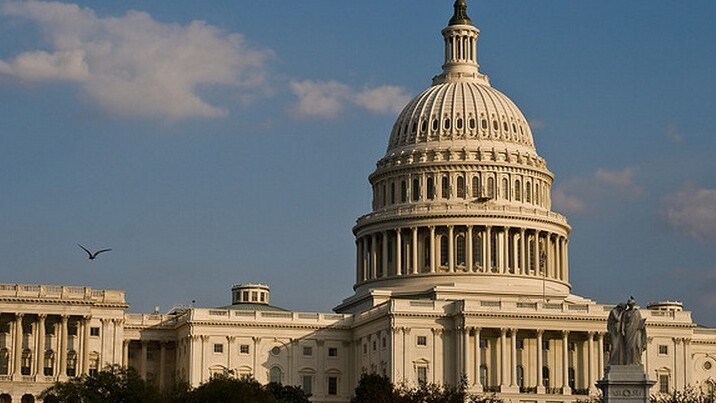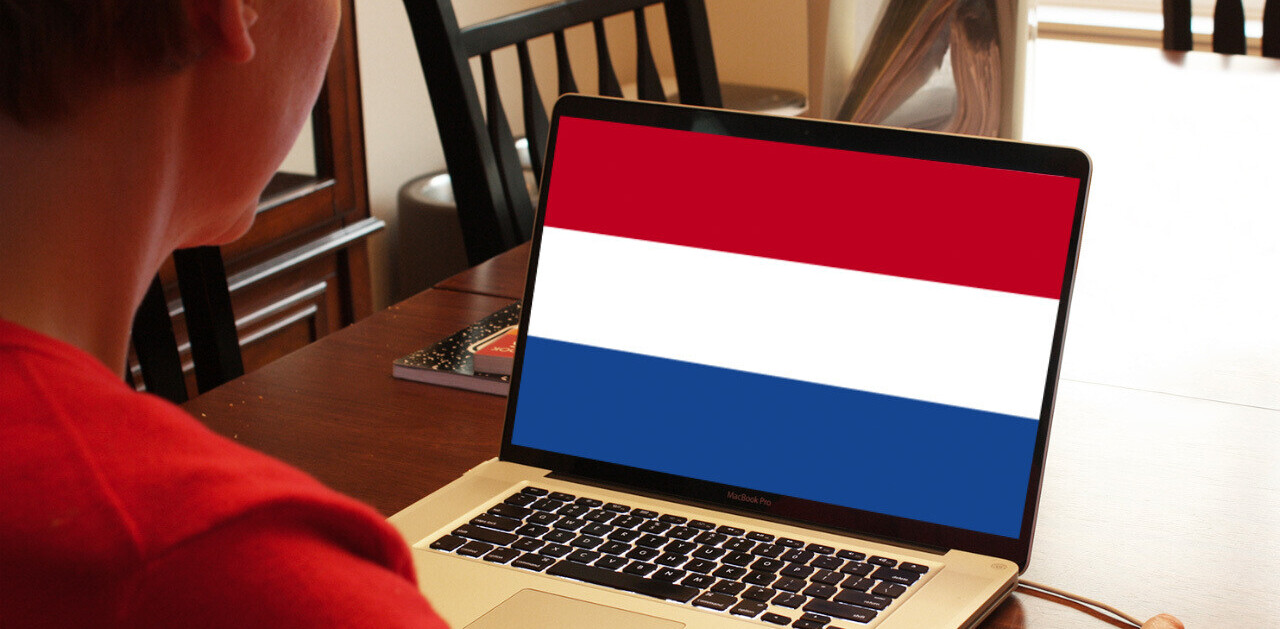
Today Representative Greg Walden, current chairman of the House Communications and Technology subcommittee, introduced a piece of draft legislation that lays out a series of policy points, and regulatory perspectives on the global Internet, and the role of the United States to both foster and protect it.
As The Hill notes, the United States Congress voted in both chambers against United Nations control of the Internet. As TNW reported at the time, the rare lockstep vote from both parties showed a unified front against Internet censorship by foreign bodies.
Rep. Walden’s draft bill is impressive. We are going to take it point by point. Formatting and bolding are all via TNW. The full text of the bill in its original context can be found here.
Given the importance of the Internet to the global economy, it is essential that the Internet remain stable, secure, and free from government control.
This is a clear call, and one that concludes with a direct refutation of active government meddling in the flow of free information. Naturally, this is to be applauded.
The world deserves the access to knowledge, services, commerce, and communication, the accompanying benefits to economic development, education, and health care, and the informed discussion that is the bedrock of democratic self-government that the Internet provides.
Here we find a philosophical point: the Internet does more than simply allow for important economic benefits, but also helps foster self-rule, and democracy. This is precisely why autocratic governments seek to limit the Internet, it is dangerous to dictators, and other non-functional government forms. It’s heartening to see this sort of thing said out loud in the US Congress.
The structure of Internet governance has profound implications for competition and trade, democratization, free expression, and access to information.
No commentary needed here given the clarity of the prose.
Countries have obligations to protect human rights, which are advanced by online activity as well as offline activity.
The tying of human rights to Internet use, and therefore access is interesting. The United Nations declared Internet access a human right last year. The United States government has programs in place to deliver broadband connections to even its most rural areas. But more importantly, given the above text, it would be possible to view the removal of Internet access rights as an abrogation of human rights, and thus an illegal act on the international stage.
The ability to innovate, develop technical capacity, grasp economic opportunities, and promote freedom of expression online is best realized in cooperation with all stakeholders.
This is a defense of the Internet as it currently is. The multi-stakeholder model dividing authority over the Internet among parties such as ICANN is the status quo, and a mostly functional one. Also, the above quote directly rebuts, again, the idea of the United Nations becoming the arbiter of the Internet. It’s something that is good to repeat.
Proposals have been, and will likely continue to be, put forward at international regulatory bodies that would fundamentally alter the governance and operation of the Internet.
Yes.
The proposals would attempt to justify increased government control over the Internet and could undermine the current multi-stakeholder model that has enabled the Internet to flourish and under which the private sector, civil society, academia, and individual users play an important role in charting its direction.
Government control: bad. Multi-stakeholder: good. Keep repeating that to yourself.
The proposals would diminish the freedom of expression on the Internet in favor of government control over content.
This is the ‘why’ of the former statement. More government control means less free speech, directly, in this case. Given that the United States argued above that an open discussion – free speech, in other words – leads to democracy and self government, goals of this country’s leaders.
The position of the United States Government has been and is to advocate for the flow of information free from government control.
This standard is not always lived up to by the US government itself, but it is a fine goal for every country.
This Administration and past Administrations have made a strong commitment to the multi-stakeholder model of Internet governance and the promotion of the global benefits of the Internet.
Correct. And finally, the clarion call:
It is the policy of the United States to promote a global Internet free from government control and to preserve and advance the successful multi-stakeholder model that governs the Internet.
—
Now, this bill only in fact says that the above is the view of the United States Congress if it is passed. Submitted by a Republican, it could enjoy bipartisan support in the House, given that its text appears clear of potential hang-ups. I suspect that if it can clear the House, it can pass the Senate and the President’s desk all the more easily.
After the SOPA debacle just over a year ago, this bill is a dramatic improvement.
Top Image Credit: Andrew Malone
Get the TNW newsletter
Get the most important tech news in your inbox each week.





